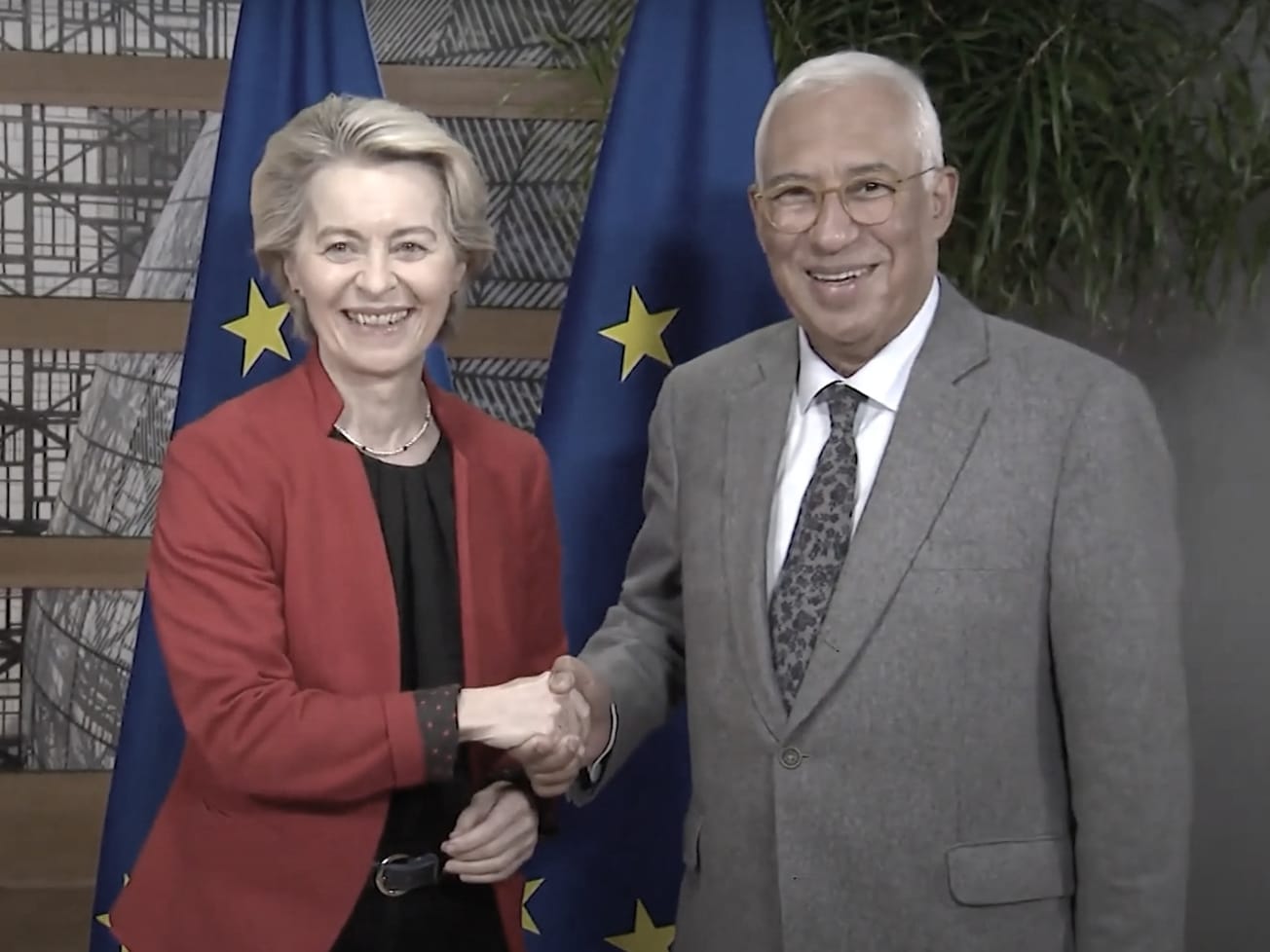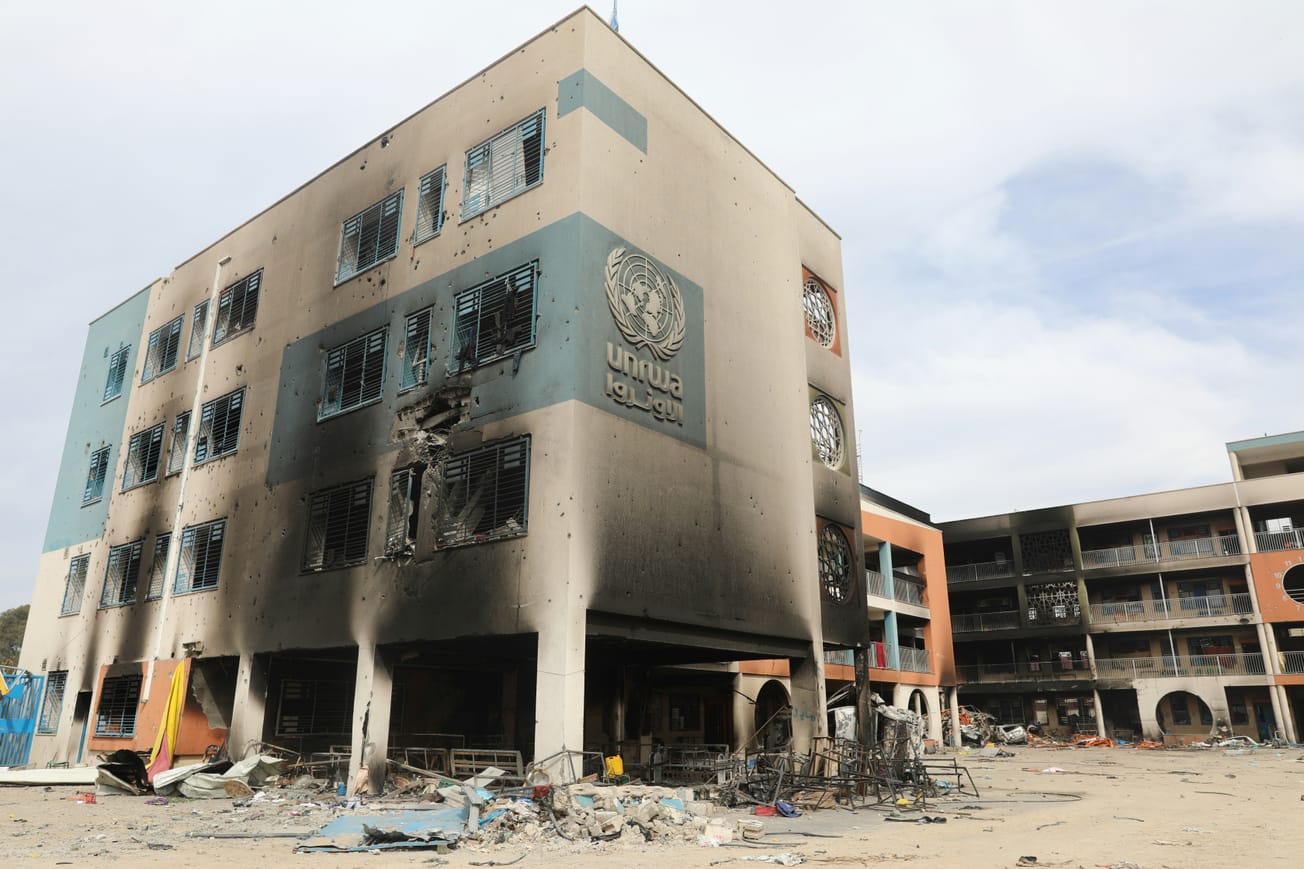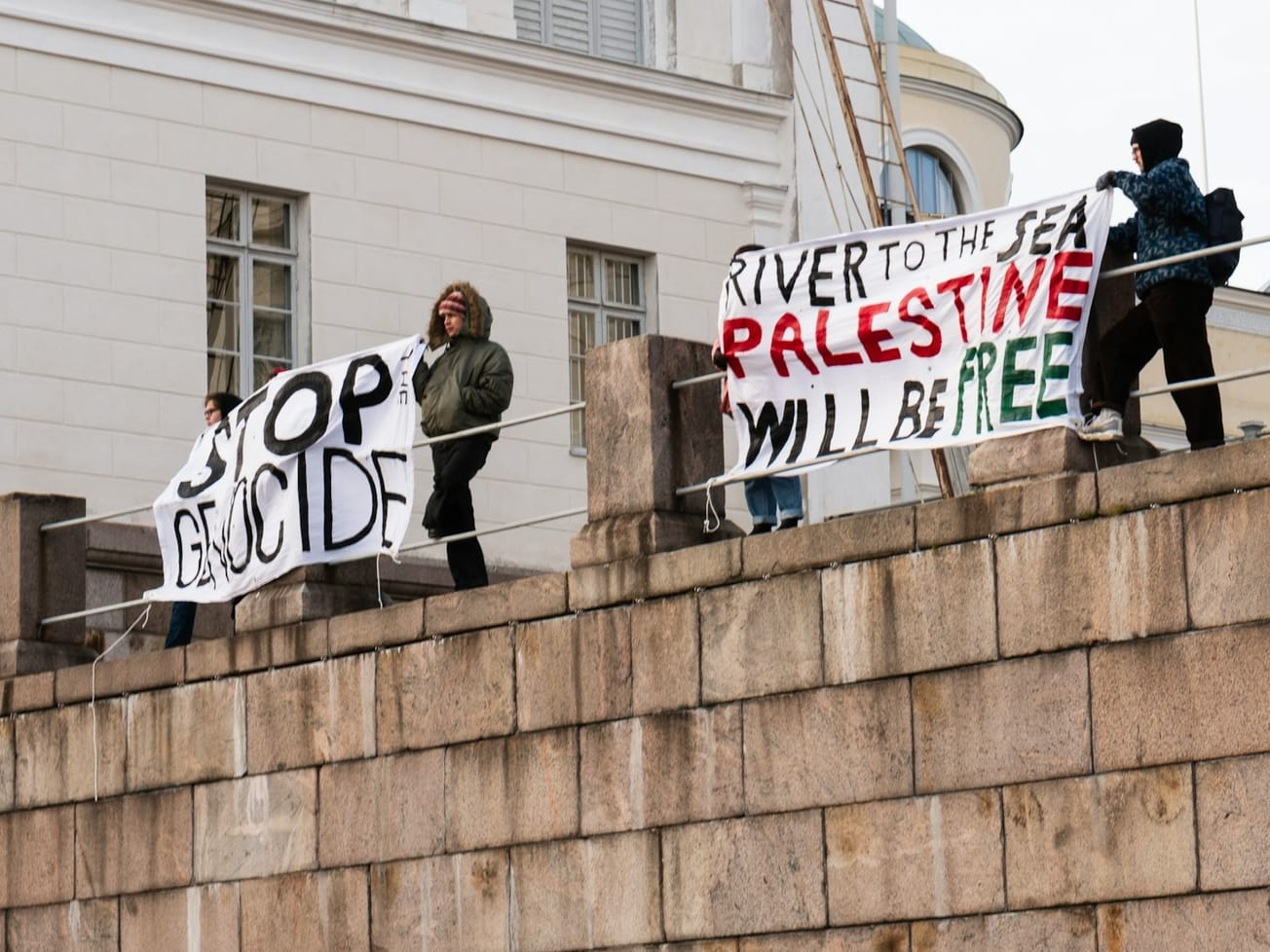WASHINGTON (AN) — Saudi Arabia's crown prince "approved" the murder of one of his leading critics, Jamal Khashoggi, a Saudi journalist and Washington Post contributing columnist, concluded a declassified U.S. intelligence report released by U.S. President Joe Biden's administration on Friday.
The report, kept under wraps by the former Trump administration for two years, was generally known due to news leaks. But its release enabled U.S. officials to formally blame Crown Prince Mohammed bin Salman, heir to the throne and the kingdom’s de facto ruler. That complicated U.S.-Saudi relations, and set off a clamor among human rights organizations to hold the kingdom accountable.
"This is a report that, in a sense, is not fresh off the printing press. It’s been there. We released it," U.S. Secretary of State Antony Blinken told a press briefing in Washington. "We were determined to bring transparency to this issue and to share with the American people what we know. And again, I think that report speaks for itself."
Khashoggi, once a Saudi royal court insider, was a permanent U.S. resident and dissident writer when he was slain more than two years ago.
The United States should now "take the lead in ensuring accountability for this crime and for setting in place the international mechanisms to prevent and punish such acts in the future,” said Agnès Callamard, a United Nations special rapporteur on extrajudicial, summary or arbitrary executions who headed the U.N. human rights team that investigated Khashoggi’s death.
Some U.S. lawmakers echoed the call. Senator Ron Wyden, Democrat of Oregon, who sponsored 2019 legislation to require releasing an unclassified report by the U.S. Office of the Director of National Intelligence, said the crown prince “should suffer sanctions, including financial, travel and legal — and the Saudi government should suffer grave consequences as long as he remains in the government."
Rep. Adam Schiff, Democrat of California, who chairs the House Intelligence Committee, said the Biden administration must "follow this attribution of responsibility with serious repercussions against all of the responsible parties it has identified, and also reassess our relationship with Saudi Arabia."
The United States must "ensure that if foreign governments target journalists simply for doing their jobs, they are not immune to serious repercussions and sanctions, because restoring confidence in American leadership requires we act in accordance with the values that have long set America apart," he said.
Blinken's State Department announced the “Khashoggi ban,” a new policy that allows the United States to impose visa restrictions on anyone who conducts "serious, extraterritorial counter-dissident activities" for a foreign government. It listed 76 Saudis "believed to have been engaged in threatening dissidents overseas, including but not limited to the Khashoggi killing."
The U.S. Treasury Department imposed sanctions on Major General Ahmed al-Assiri, a former deputy chief of Saudi intelligence, and Ahmad Hassan Mohammed al-Asiri, a former Saudi intelligence official, both implicated in the murder plot.
#STATEMENT | The Government of The Kingdom of Saudi Arabia Completely Rejects the Assessment in the Report Submitted to US’ Congress Regarding Murder of Saudi Citizen Jamal Khashoggi pic.twitter.com/VQwYpBjvvX
— Foreign Ministry 🇸🇦 (@KSAmofaEN) February 26, 2021
'Recalibration' of relations
The Biden administration stopped short of punishing the crown prince, however, because its move to release the report and other actions were intended "really not to rupture the relationship, but to recalibrate it to be more in line with our interests and our values," Blinken told reporters.
"And I think that we have to understand as well that this is bigger than any one person," he said. "This recalibration goes to the policies that Saudi Arabia is pursuing and the actions that it’s taken."
U.S. officials portrayed the unclassified report's release as a sharp break from former President Donald Trump’s embrace of Saudi rulers, including the crown prince.
However, Biden did not mention Khashoggi's killing during a call with Saudi King Salman "to address the longstanding partnership between the United States and Saudi Arabia," according to a White House summary of their conversation on Thursday. "The president told King Salman he would work to make the bilateral relationship as strong and transparent as possible."
Last year, Callamard called the case a "parody of justice." Her U.N. team’s investigation into Khashoggi’s killing inside the Saudi consulate at Istanbul, Turkey on Oct. 2, 2018, found “credible evidence” existed to justify a criminal probe into the Saudi crown prince and other officials for a “premeditated extrajudicial execution” using the agents’ official status and government resources.
The unclassified report from ODNI reached similar conclusions and confirmed the CIA's assessment only weeks after the killing. "We assess that Saudi Arabia's Crown Prince Muhammad bin Salman approved an operation in Istanbul, Turkey to capture or kill Saudi journalist Jamal Khashoggi," said ODNI's four-page report.
"We base this assessment on the crown prince's control of decision-making in the kingdom, the direct involvement of a key adviser and members of Muhammad bin Salman's protective detail in the operation," it said, "and the crown prince's support for using violent measures to silence dissidents abroad, including Khashoggi."
Saudi Arabia’s foreign ministry responded in a statement posted on Twitter that the kingdom “completely rejects the negative, false and unacceptable assessment in the report pertaining to the kingdom's leadership, and notes that the report contained inaccurate information and conclusions."
Khashoggi had shown up at the Turkish consulate several days before his murder to request a certificate that he needed to remarry, and was told to return later. Authorities said he was brutally killed and dismembered inside the consulate, and there has been no evidence his remains were ever found.
Saudi Arabia indicted 11 people in the killing, including some from the crown prince’s entourage, and convicted five of them in the case, imposing the death sentence on them. They were later pardoned.









